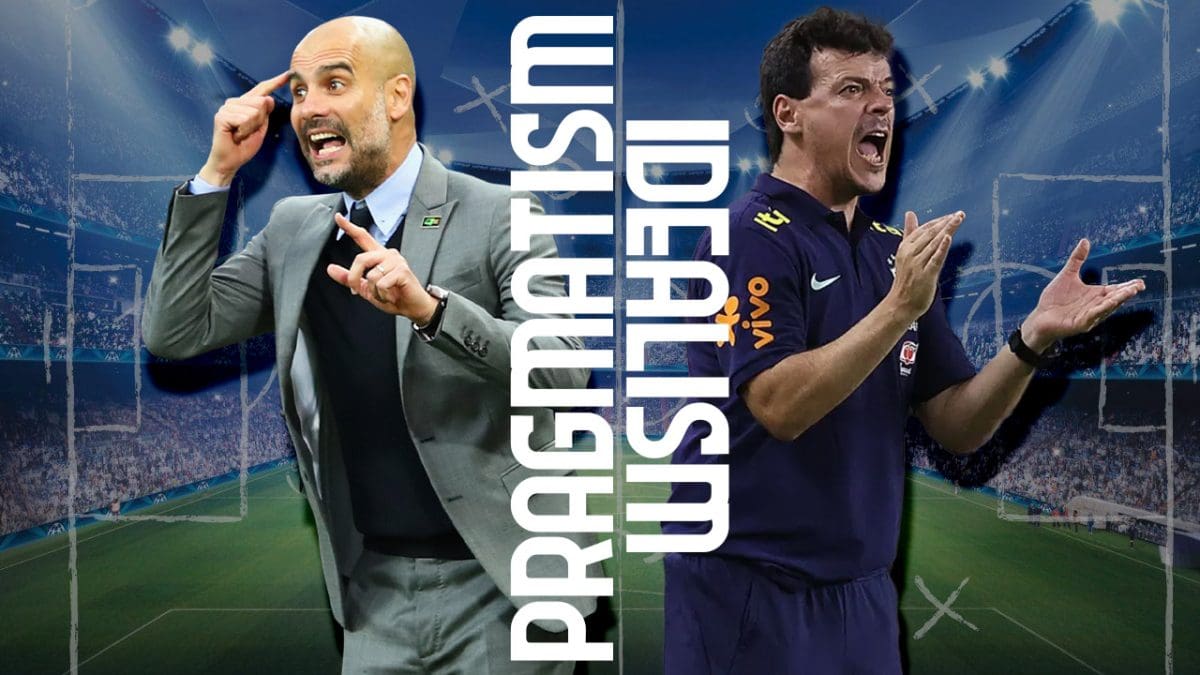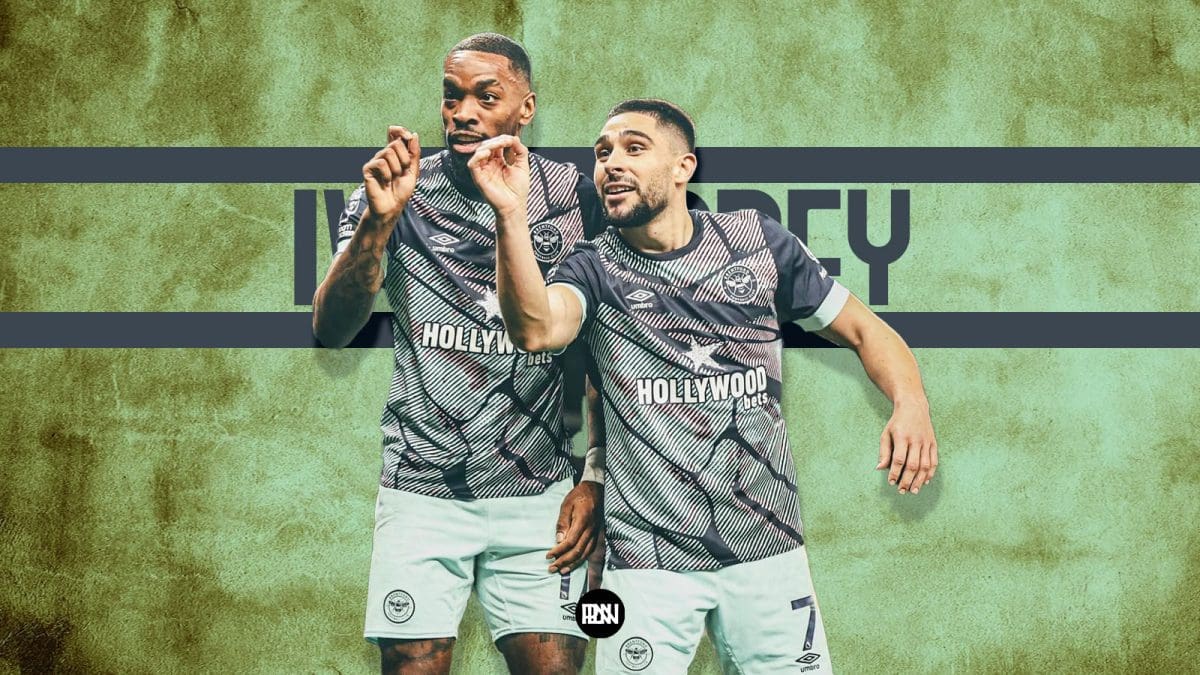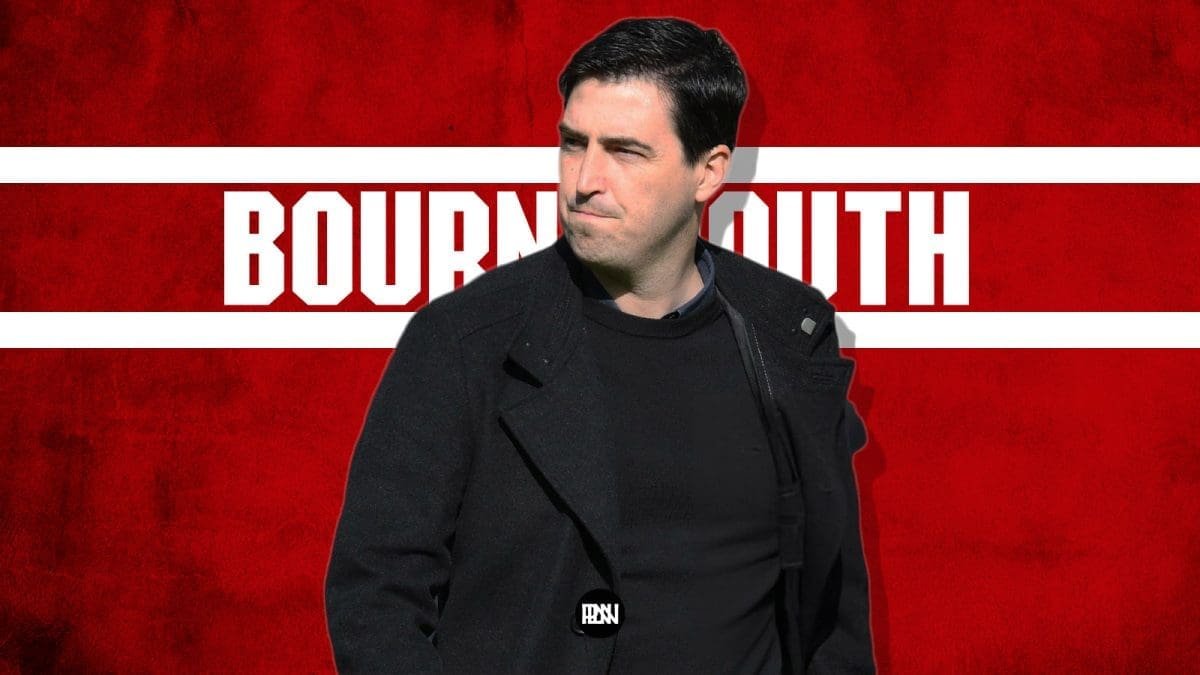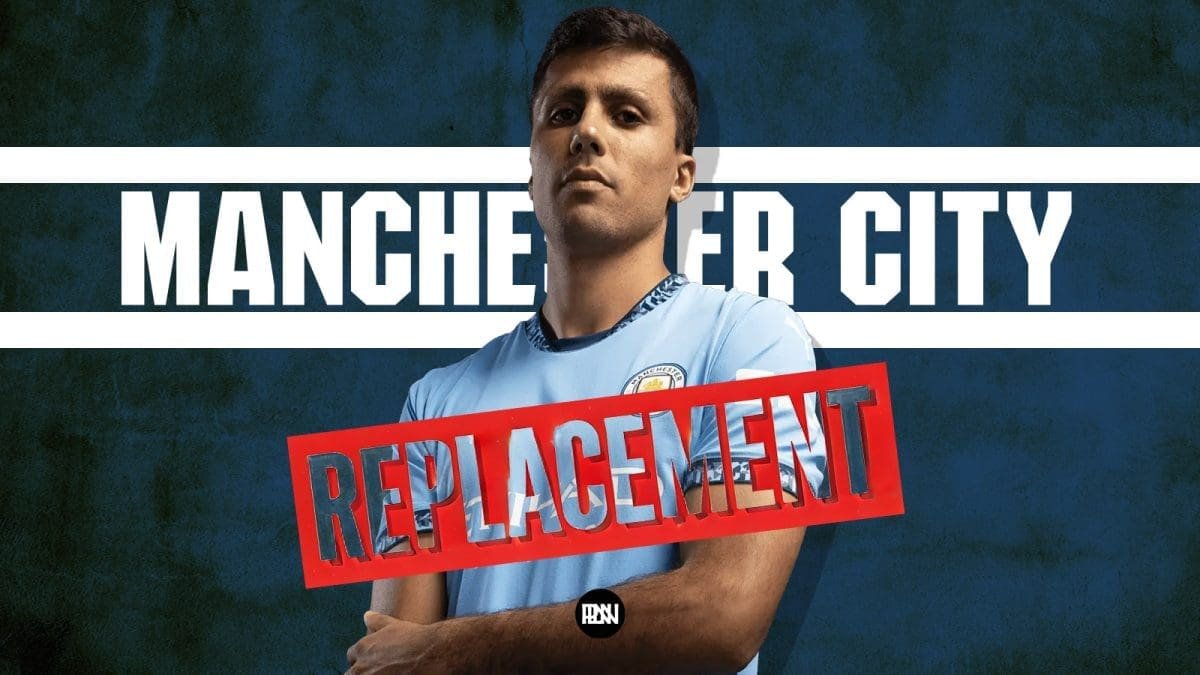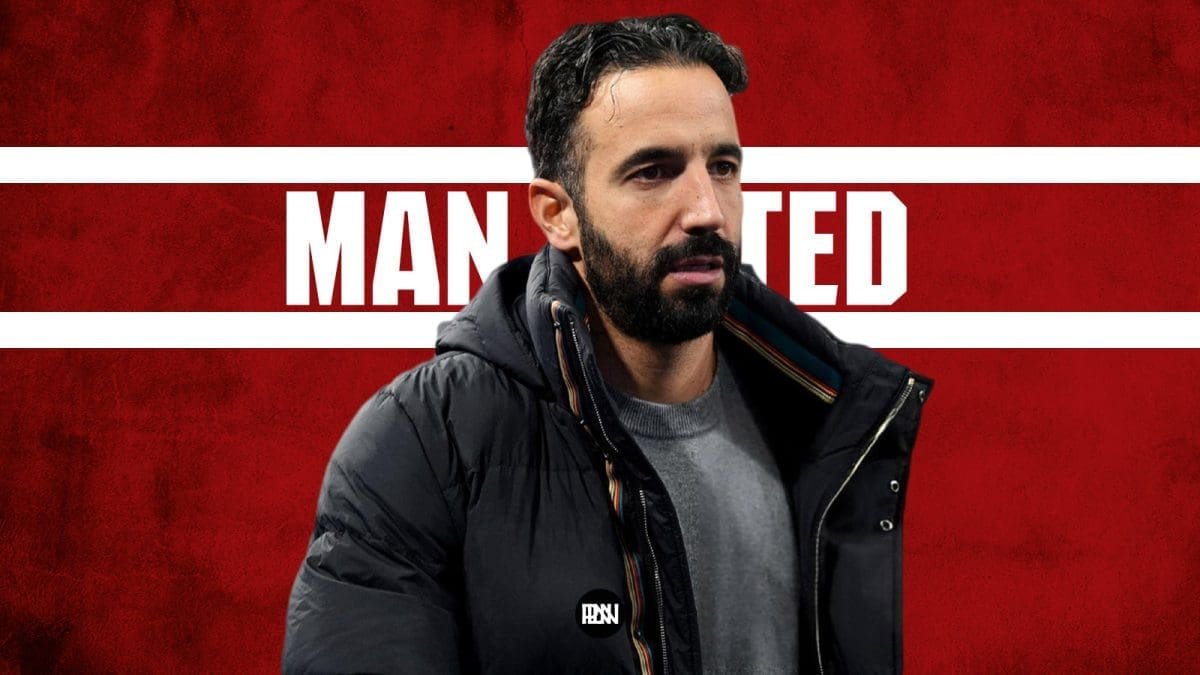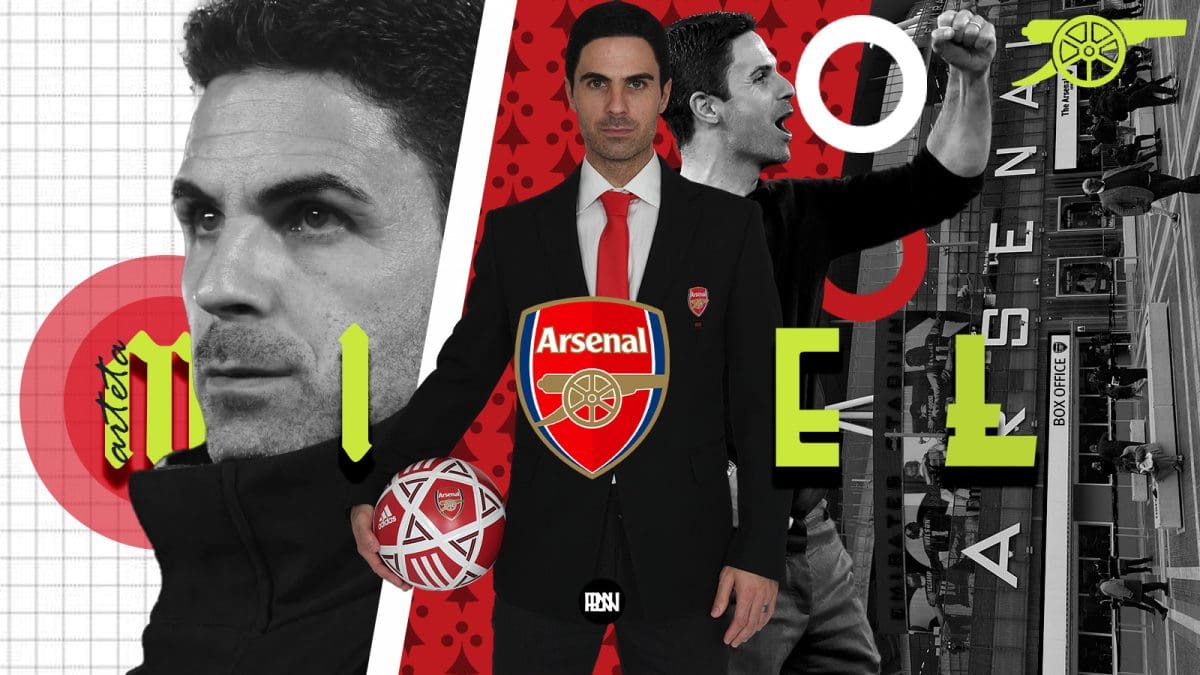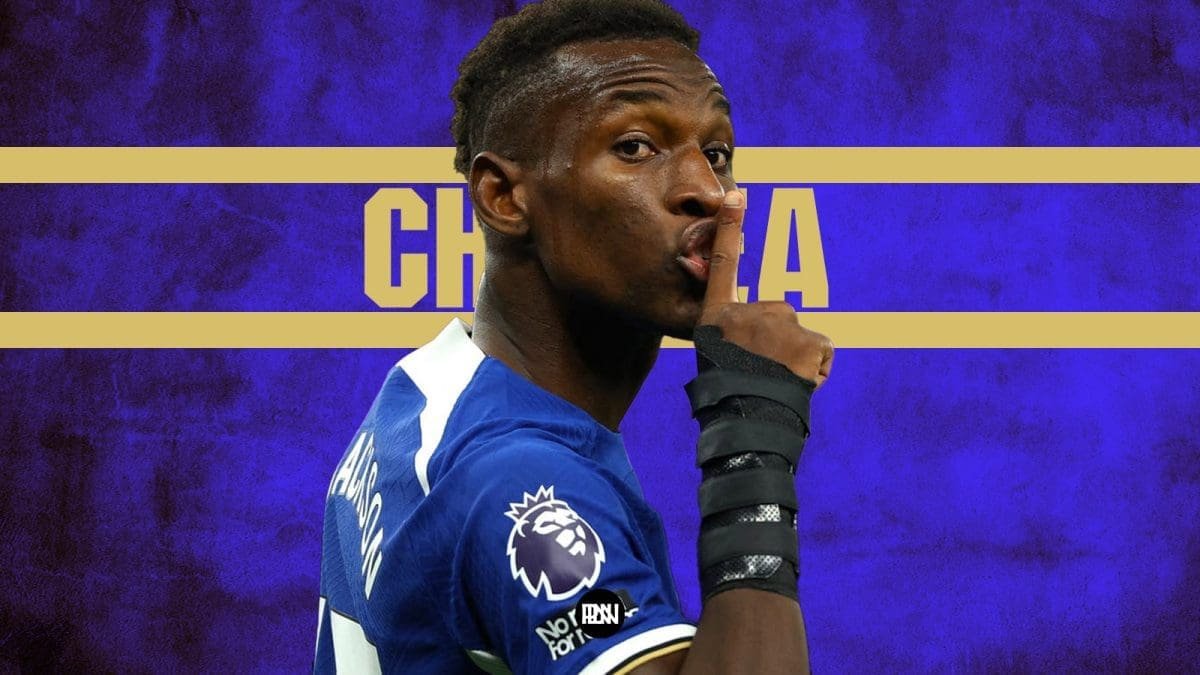Football tactics involve a constant tension between pragmatic and idealistic approaches. When does adherence to a pure philosophy turn from a virtue into a fault? Pep Guardiola and Fernando Diniz represent differing perspectives on this paradox.
The Pragmatist
Guardiola’s teams have revolutionized the game with a style centered around dominant possession and positional play. However, at the core, Guardiola is a pragmatist. His approach adapts to personnel and opponents, as evidenced by Manchester City’s ability to shift between different systems.
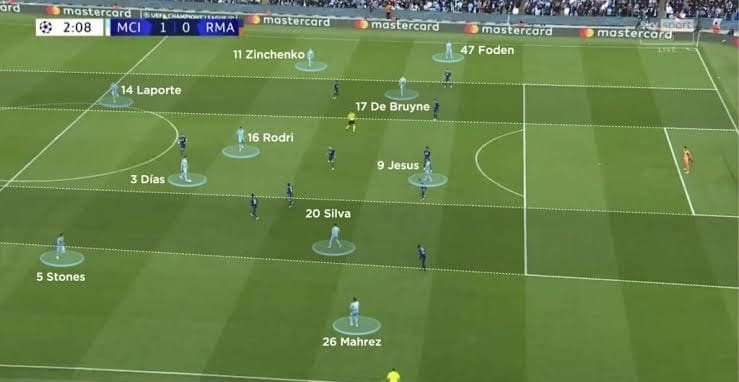
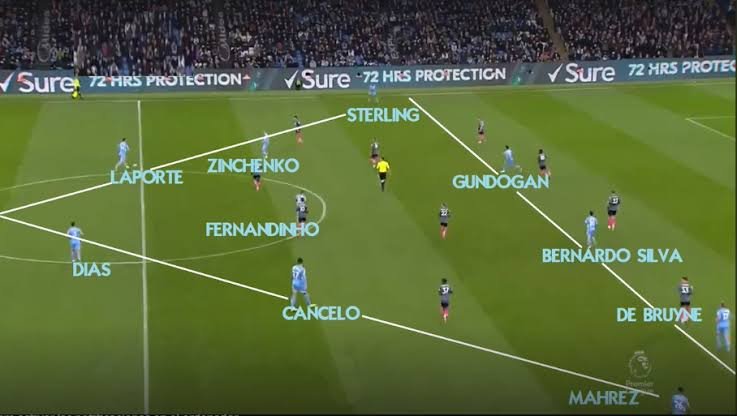
Guardiola’s focus is achieving control and stability through intelligent positioning in the buildup before progressing. While still committed to an attractive style, beauty is a secondary concern to controlling matches above all. He will play a long ball or slower tempo if required by the match situation rather than insisting on short passes.
The Idealist
In contrast, Fernando Diniz has an idealistic devotion to his “Relationism” tactics. This system is based on constant movement and combinations between players to disorder defenses. Diniz views this style itself as the non-negotiable objective rather than simply a means to victory.
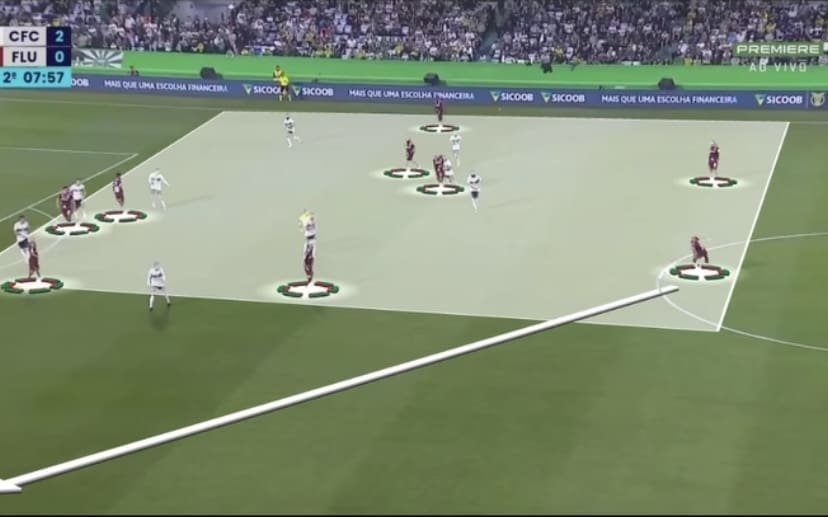
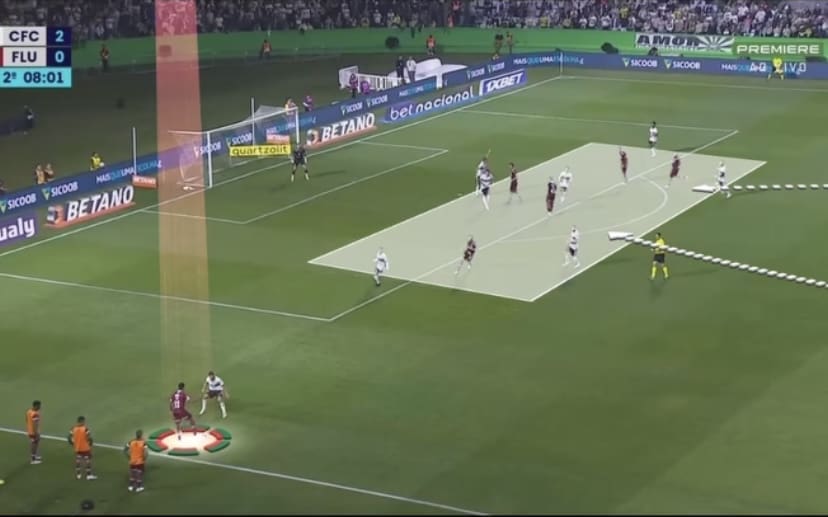
Fluminense under Diniz work meticulously in training on orchestra-like synchronized rotations, overloads, and patterns between players. In matches, the players are then instructed to replicate these movements. This prescriptive approach leaves little room for improvisation or pragmatism in the name of aesthetic philosophy.
Diniz’ Flu often use this strange ‘wheeling’ routine to rotate players prior to a build-up. pic.twitter.com/DZmPZMZgpS
— Jamie Hamilton (@stirling_j) October 28, 2022
Final Thoughts
At times, Diniz’s idealism is a virtue. Fluminense attack in perfectly coordinated waves that sweep opponents aside through almost telepathic understanding between players. However, it can also become tragic flaw.
When the scripted moves fail or the players’ technical skills falter, the house of cards collapses rapidly. The lack of flexibility leaves his teams prone to getting utterly dominated for spells within games when pressured intensely. Diniz will still stick to the style rather than compromise even when desperately needing a result.
There are merits to both Guardiola’s pragmatically holistic view and Diniz’s idealistic devotion. The truth likely lies between the two extremes. But in football, there is a fine line between visionaries and dogmatists. Striking the right balance is critical for sustained success.


